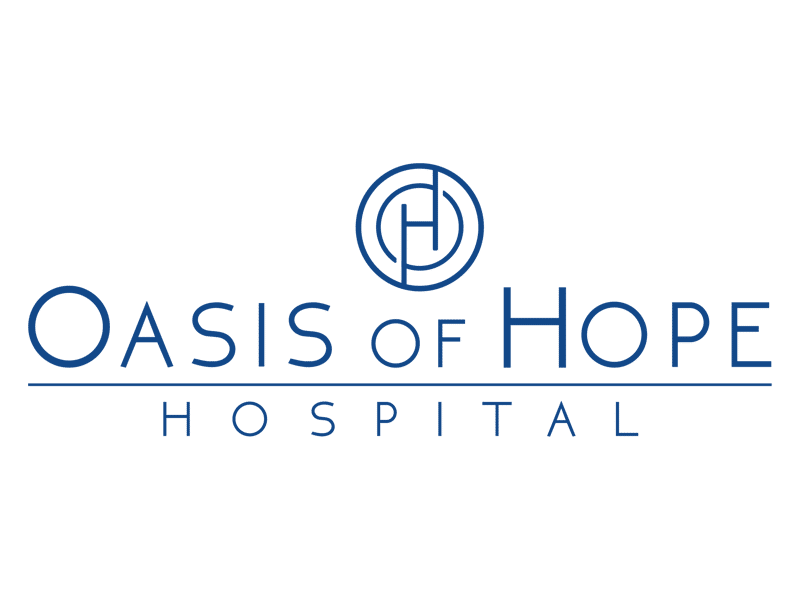New alternative treatments include a number of agents that can aid the immune system’s ability to attack cancer by optimizing the function of natural killer (NK) cells and cytotoxic T lymphocytes. NK cells have the potential to kill a broad range of cancer cells, whereas cytotoxic T lymphocytes target cancer cells that express specific proteins not produced by healthy tissues. Although immune cells are rarely capable of destroying large tumors, they have good potential for killing the small nests of tumor cells that give rise to new metastases or that can cause a recurrence of cancer following a remission.
One of the most intriguing immunosupportive agents employed by is the hormone melatonin, administered once daily before bedtime. Multiple clinical studies in Italy show that this regimen tends to have a very favorable, statistically significant impact on survival in patients with advanced cancer (1-3). There is reason to believe that the chief reason for melatonin’s positive effect on survival in cancer patients is an immunostimulant effect that boosts the activity of natural killer (NK) cells and cytotoxic T lymphocytes. This effect is indirect; melatonin acts on so-called antigen-presenting cells (dendritic cells) to amplify their capacity to stimulate the NK cells and cytotoxic lymphocytes. In particular, melatonin boosts the ability of dendritic cells to produce interleukin-12, a lymphokine that plays a crucial role in the maturation of the cancer-attacking immune cells (4-6).
Among the immunosupportive measures included are probiotics – enterically coated capsules providing live healthy bacteria that can colonize the gastrointestinal tract. Enteric coating protects the bacteria from stomach acid as they pass through to the intestines. The bacteria that are chosen for this supplement (including special strains of Lactobacilli and Bifidobacteria) have been shown to exert immunostimulant effects, mediated by their polysaccharide cell walls. These bacterial polysaccharides are partially absorbable, and interact with so-called “toll” receptors on dendritic cells to boost the ability of these cells to promote the growth and activation of NK cells and cytotoxic lymphocytes (7-9). In effect, the dendritic cells are programmed to recognize bacterial polysaccharides as foreign material produced by invading bacteria; they respond appropriately by up-regulating immune capacities. Supplemental selenium also has immune boosting activity. Intakes of selenium slightly in excess of the minimal amounts that are nutritionally essential have been shown to increase the capacity of stimulated lymphocytes and NK cells to express receptors for interleukin-2 (IL-2) (10-12). IL-2 is a hormone-like protein (a “lymphokine”) that acts as an essential growth factor for the types of immune cells that have the capacity to attack and kill cancer cells – the NKcells and cytotoxic T lymphocytes.
The anti-ulcer drug cimetidine is also a tool for boosting the immune system because of evidence that it can reduce risk for metastasis formation with many cancers. However, there is also evidence that cimetidine has immune-supportive activity for NK cells and lymphocytes in cancer patients (13-15).


